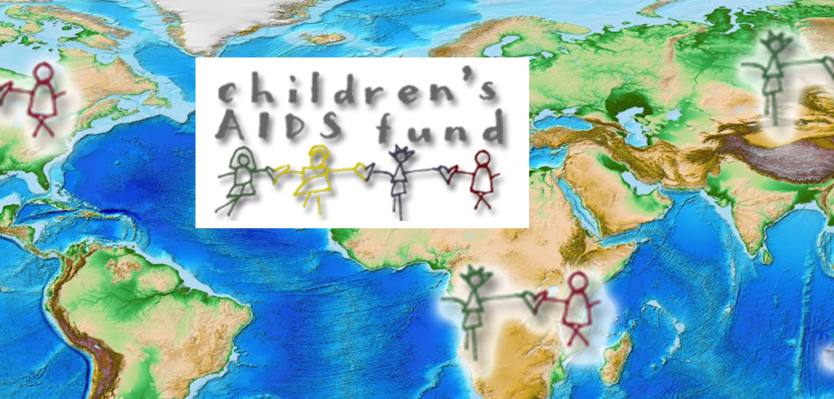
Do You Know Your HIV Status?
 One in eight people in the United States who have HIV don’t know it. That means they aren’t getting the medical care they need to stay healthy and avoid passing HIV to others.
One in eight people in the United States who have HIV don’t know it. That means they aren’t getting the medical care they need to stay healthy and avoid passing HIV to others.
An estimated 1.2 million people in the United States are living with HIV, and that number grows by almost 50,000 every year.
The only way to know if you are infected with HIV is to get tested.
The US Center for Disease Control and Prevention (CDC) recommends that everyone between the ages of 13 and 64 get tested for HIV at least once as part of routine health care, and that people with certain risk factors get tested more often. People with more than one sex partner, people with sexually transmitted diseases (STDs), and people who inject drugs are likely to be at high risk and should get tested at least once a year. Sexually active gay and bisexual men may benefit from even more frequent testing, depending on their risk. If you have been sexually assaulted, you should get tested. If you are pregnant or planning to become pregnant, CDC recommends HIV testing with each pregnancy, both for your own benefit and to reduce the risk of transmitting HIV to your baby
An estimated 1.2 million people in the United States are living with HIV, and that number grows by almost 50,000 every year.
Knowing the facts about HIV will help you make informed decisions about sex, drug use, and other activities that may put you and your partners at risk for HIV.
• Learn the basics about HIV, how to prevent HIV transmission, and the steps you can take to protect yourself and others at http://www.cdc.gov/hiv/basics/index.html
• Talk about what you learn with your friends and other people who are important to you.
• Empower even more people via social media. Share your new knowledge with your friends online.
National HIV Testing Day, June 27, promotes the importance of testing in identifying, treating, and preventing human immunodeficiency virus (HIV) infection. HIV testing is the critical entry point to health care and social services that improve the quality of life and the length of survival for persons with HIV.
If you are HIV positive, starting antiretroviral therapy (ART) early provides significant health benefits for you and reduces your changes of transmitting HIV to your partner(s).
Knowing your HIV status gives you the power to control your health and your future. And getting tested has never been easier. You can ask your health care provider to test you for HIV. Many medical clinics, substance abuse programs, community health centers, and hospitals offer HIV testing. Testing is often free of charge. You can also
• Visit GetTested and enter your ZIP code.
• Text your ZIP code to KNOWIT (566948), and you will receive a text back with a testing site near you.
• Call 800-CDC-INFO FREE ( 800-232-4636 FREE) to ask for free testing sites in your area.
• Contact your local health department.
• Get a home testing kit (the Home Access HIV-1 Test System or the OraQuick In-Home HIV Test) from a drug store.


